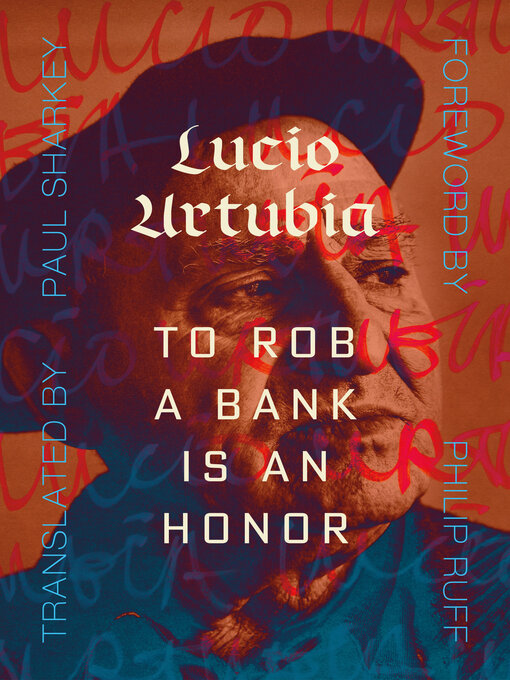For the first time in English, the life story of the revolutionary outlaw who brought Citibank to its knees.
In 1981, Lucio Urtubia received a suitcase full of cash from Citibank executives, handed over the plates he'd used to forge 20 million dollars in traveler's checks, and walked away a free man. This is the true story of the most famous Robin Hood of the twentieth century, a lifelong anarchist who robbed from the rich to give to liberation struggles the world round.
Born to a poor family in the Basque Country, Urtubia was conscripted into Franco's army at seventeen, where he began smuggling rations from military stores. In 1954, he fled to exile in Paris, where he learned to work as a mason, laying bricks by day and collaborating with Catalonian anarchists by night. Soon, he was planning bank heists to fund the Spanish struggle, stealing weapons, and masterminding the escape of resistance fighters. Following the uprisings of May 1968, Urtubia opened a printshop, producing political pamphlets while amassing a crew of operatives to counterfeit passports, ID cards, and workers' paychecks.
By the late 70s, Urtubia hit on the plan that would make him infamous: changing the serial numbers on traveler's checks and depositing them simultaneously. Citibank's early global banking system offered the prime target, and checks spread to revolutionary movements in Europe, Latin America, and the United States. "He who robs a thief is a thousand times forgiven," Urtubia argued. Over decades, Urtubia funneled material support to groups including the Red Brigades in Italy, the Baader-Meinhof group in Germany, the Black Panthers in the US, and the ETA Basque separatists.
Told with Urtubia's characteristic warmth and humor, To Rob a Bank Is an Honor collects the adventures and political convictions of this larger-than-life figure of an incendiary era.

